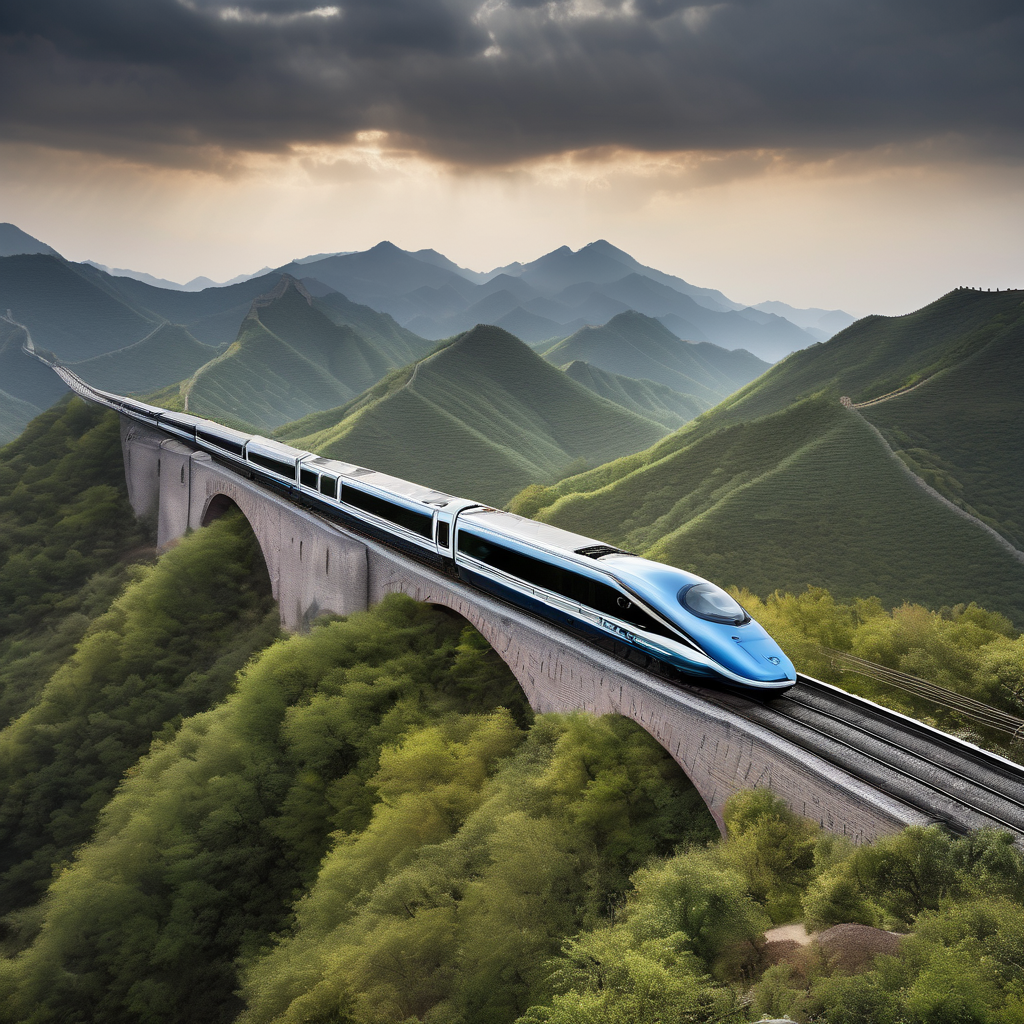Germany’s finance minister, Lars Klingbeil, is poised to make history as the first member of the new coalition government to visit China, amid escalating pressures surrounding the nation’s China policy. This visit comes against a backdrop of a widening trade gap and fragile supply chains, leaving Germany vulnerable in its economic dealings. More than six months into the conservative-led coalition’s time in office, Klingbeil’s trip is viewed as a critical opportunity to showcase the government’s ability to navigate the complexities of German-Chinese relations.
Klingbeil’s visit follows the cancellation of a planned trip by Foreign Minister Johann Wadephul, which fell through as China rejected most of the proposed discussions. During his time in China, Klingbeil intends to focus on pivotal trade discussions, particularly addressing China’s limitations on the export of rare earth elements—vital resources for various industries. His agenda includes a meeting with Chinese Vice Premier He Lifeng, as they engage within the German-Chinese financial dialogue framework that has been in place since 2015. Accompanying him are Bundesbank President Joachim Nagel and a small delegation representing German banks and insurance companies.
The significance of this visit is considerable, especially given that Germany is facing a historic trade deficit with China that is projected to reach €87 billion ($101.46 billion) this year. Exports from Germany to China have experienced a notable decline of 13.5% year-on-year, while imports have risen by 8.3%, creating an imbalance that exposes Germany to risks stemming from China’s economic strategies. This situation is particularly alarming as the country reevaluates its reliance on China for critical materials essential to its industrial exports.
The restrictions imposed by China on the trade of rare earth elements, along with disputes such as the one involving the automotive chip supplier Nexperia, underscore the urgency for Europe to rethink its trade relationships with China. There is a growing consensus among stakeholders in Germany for a comprehensive reassessment of dependencies on Chinese resources. As political will is tested, experts argue that decisive action is required to implement necessary policy changes.
The geopolitical landscape, particularly influenced by U.S. trade policies that have redirected Chinese goods towards Europe, adds further complexity to the situation. The German government underscores the importance of transparent dialogue with China to distinguish between economic and political interests, a view shared by industry leaders who express concerns over competition from Chinese markets.
Moving forward, Klingbeil’s discussions could open avenues for more effective strategies to bolster Germany’s competitiveness and recalibrate its standing in global trade. The potential outcomes of this visit hold significance not only for Germany’s economic strategy but also for its role within the European Union as it navigates the intricacies of its relationship with China. There is a sense of cautious optimism that through constructive dialogue and strategic collaboration, Germany and China could foster a more balanced and beneficial trading environment.
